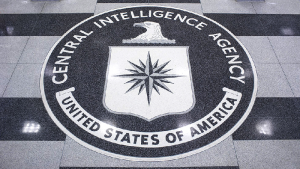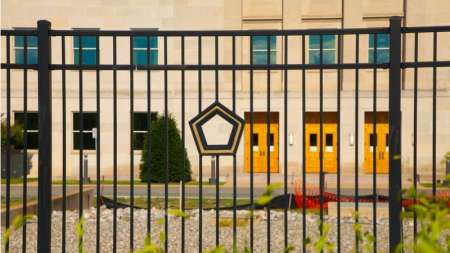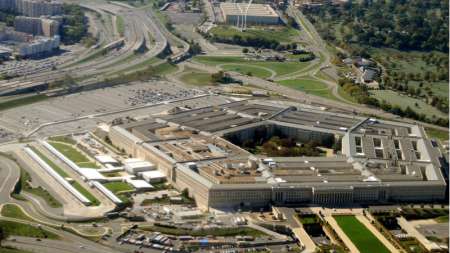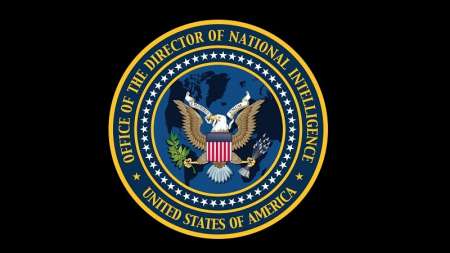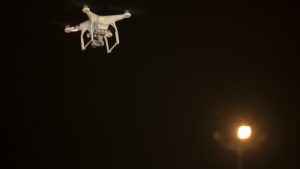Nand Mulchandani has stepped down from his role as chief technology officer (CTO) of the Central Intelligence Agency (CIA), marking the end of a six-year run in public service. […]
President Donald Trump has nominated James Caggy to serve as assistant secretary of defense for mission capabilities, as the administration moves to fill key roles in the Pentagon’s research and engineering (R&E) directorate. […]
After nearly three decades of Federal service, Winston Beauchamp said he is stepping down from his position at the Department of the Air Force and retiring from active Federal duty. […]
The U.S. Space Force has awarded Boeing a $2.4 billion contract to build up to four new satellites as part of an effort to modernize space-based nuclear command, control and communications (NC3) capabilities, Space Systems Command (SSC) announced July 3. […]
U.S. Cyber Command’s fiscal year (FY) 2026 budget request includes a new initiative to rapidly test and validate artificial intelligence (AI) technologies for operational cyber missions. […]
The Department of Defense’s (DoD) Chief Digital and Artificial Intelligence Office (CDAO) plans to eliminate its chief technology officer (CTO) role and directorate as part of the Trump administration’s broader efficiency efforts in the fiscal year (FY) 2026 budget. […]
A Federal judge has extended a temporary restraining order (TRO) for two additional weeks in a lawsuit brought by a coalition of major research universities against the U.S. Department of Defense (DoD). […]
Army Chief Information Officer (CIO) Leonel T. Garciga has ordered all new Army cloud procurements to route through the Pentagon’s Joint Warfighting Cloud Capability (JWCC) contract, streamlining acquisitions under a single enterprise-wide vehicle, according to a June 30 memorandum. […]
Sen. Tom Cotton, R-Ark., has introduced legislation to overhaul the Office of the Director of National Intelligence (ODNI), reduce its size, and refocus its role within the U.S. intelligence community. […]
The Department of Defense (DoD) plans to establish a new joint interagency task force to confront the growing threats of unmanned aerial vehicles (UAVs) — more commonly known as drones. […]


